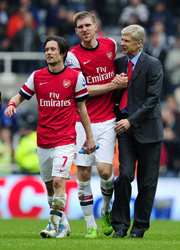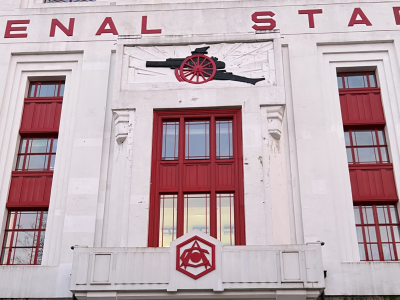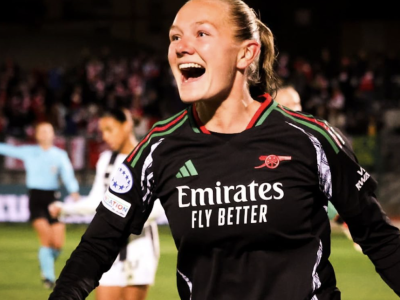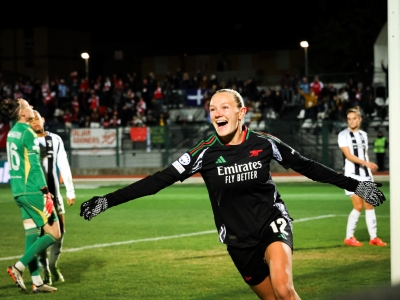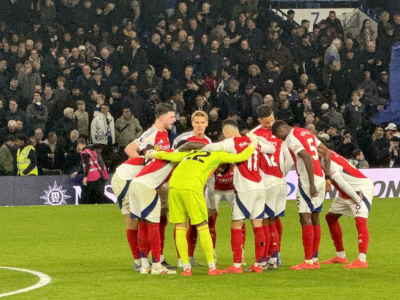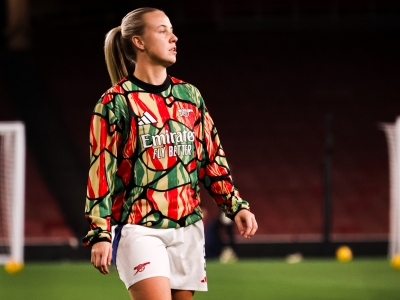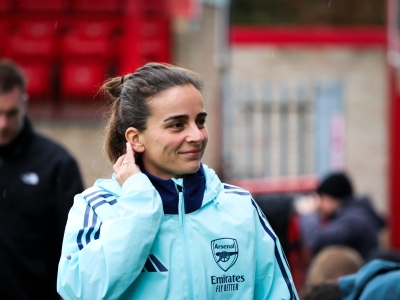As the season drew to a close, we heard Gary Neville telling Arsenal fans and Arsène Wenger that now was the time to kick on, despite praising the team’s resilience and effectiveness in winning 26 points from the last 30 on offer, and we saw most bloggers say ‘never again, please’. Clearly, widely-held reservations about the season exist but are we being overly negative in our assessment of Arsène and the team? The end-of-season fan surveys will tell us the popular view, but this writer decided to try and dispassionately review how the season went and how the team is placed for next season.
Taking the season as a whole, and comparing it with 2011/12, we saw:
• A strong end-of-season run yielding 26 points from 30 with five straight away wins
• Three extra points (five more away, two fewer at home)
• A tighter defence, especially away, helping to generate more away points
• A similar number of goals scored.
At face value, that sounds quite good but underneath:
• The ten-game run was not without good fortune (at West Brom and Fulham particularly) and featured only draws against top opposition (Man U and Everton)
• Spurs also upped their points tally by three, earning more from big games while Arsenal earned less from the top teams and more from the weaker teams
• Arsenal’s home form was poor with three losses and five draws in the league and two home defeats in the Champions League, an unwelcome new phenomenon
• Goals scored were concentrated in a few big-scoring games (Newcastle, Southampton, West Ham, Reading (twice), Spurs, Norwich and Wigan were eight games with 40 of our 73 goals). In 30 other games, Arsenal scored only 33 goals.
What characterised the season was an initial attempt to play the same formation and style of football as when Fabregas and van Persie were present, leading to a string of poor results against quality opposition. After crushing defeats and poor displays in the cup competitions and in the league, we saw the introduction of a pragmatic, containing and more counterattacking-based game. The change in approach was not so much in formation as in personnel with seven key changes:
• Vermaelen was dropped and Koscielny brought in to central defence
• Cazorla replaced Podolski wide left, providing better defensive cover and faster attacks in turnover situations
• Rosicky replaced Cazorla/Wilshere in the centre providing more energy defensively
• Ramsey became Arteta’s partner in holding-midfield, adding more energy defensively
• Goalkeeper was changed for five games
• One full-back always seemingly held defensive positioning to avoid exposure on turnovers
• The team tried to exploit Walcott’s pace by getting the ball passed forward quicker and more directly (playing on the break more).
Arsenal games became narrow one-goal margin affairs built on defence in much the same way as many other modern teams seek to play, with set play and break away goals increasingly important.
The million dollar question therefore is will Arsène persist with this style of football and seek to enhance the quality of participants available to him, or will he try and find players to enable him to return to a more expansive possession-based game?
In regard to the former option, it was very noticeable how thin Arsenal’s squad seemed to be despite relatively few significant injuries.
• Chamakh and Arshavin both technically made up attacking options at season’s start and poor Arshavin was even sent on in the Chelsea game; and
• Squillaci and Djourou were the fourth centre-back option.
While these are obvious areas for enhancement, Arsène may equally choose to look at how Podolski and Gervinho fared and how reliable they are as wide left cover, and he has to manage the second-keeper situation with Fabianski shortly out of contract. To revert to the second option of playing expansive possession football seems more fraught, as he has not found a winning recipe of players. Giroud and Walcott, while effective in the pragmatic game, are unreliable when frequent touches and close control are more important, and Cazorla was less effective when burdened with the responsibility for making things happen in a crowded advanced central position against quality opposition like United, City or Chelsea. To play that style well needs a lot of quality players in the front four (like Chelsea), and Arsenal seem a long way from that level, so this option would seem to need even more change than sticking with the first option. The writer hopes Arsène will persist with the new, “old style” of containing and countering football he has introduced, as he has a stronger proven base to deliver success with it from.
Talking of the manager, where does this leave us with the key question of his standing? Mid-season he had some bad ratings on Black Scarf and Online Gooner surveys, but he has delivered a tremendous run in the league and a memorable “victory” over Spurs in the top-four race.
His transfer market approach has been concerning, with apparent dithering evident during the January window, but the evidence of his changing the team and his approach to winning the “trophy” he covets was, to the author, a most welcome break from the stubborn approach widely perceived to have been the norm these past few seasons. So, without wishing to prejudge the end-of-season surveys, the author suspects fans will vote to give him a chance to build on this new 1-0 to the Arsenal winning team and deliver some genuine silverware as well as a top-four finish next season.
(Ed’s note – To give us your own view of the season just gone, you can vote online in our annual Gooner survey. A word of warning - once you start, if you exit the thing halfway through you cannot complete the survey later, so I’d ensure you have 20 or 30 minutes to complete it before you begin actually filling in answers. However, there is nothing to stop you looking through all the questions before you begin. To look at it, and complete it if you do have the time, click here. We will run the results online during the summer. Closing date for voting is Sunday 9th June.

